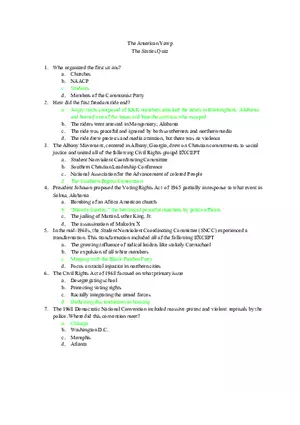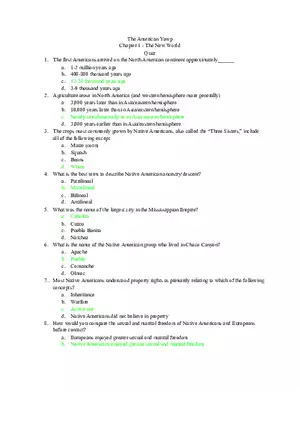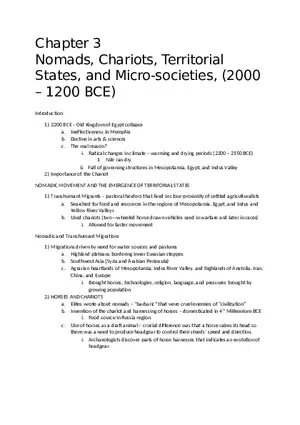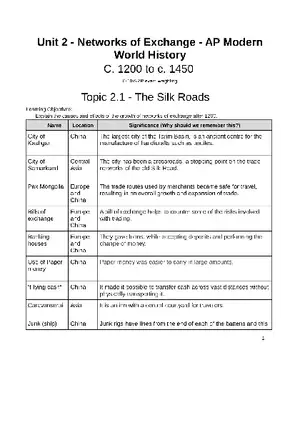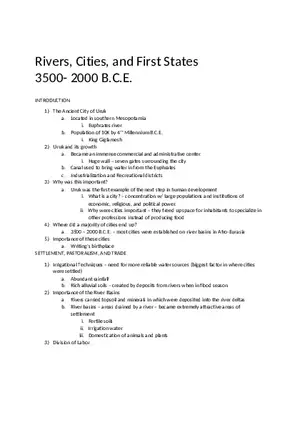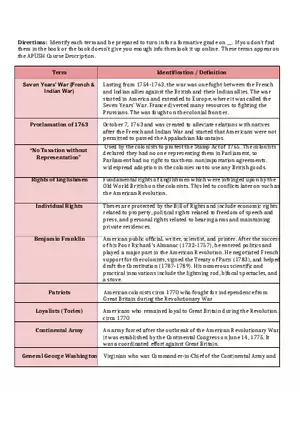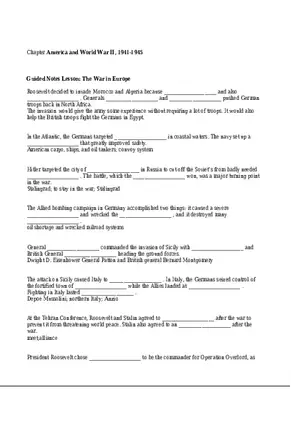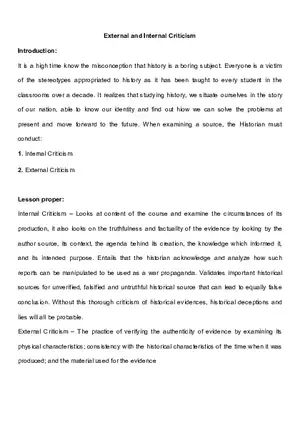Answer Key
Seminar Discussion Questions – Middle Ages
-
University:
Cambridge College -
Course:
HIS 101 | World History I Academic year:
2023
-
Views:
604
Pages:
2
Author:
Yair Luna
Related Documents
Report
Tell us what’s wrong with it:
Thanks, got it!
We will moderate it soon!
Report
Tell us what’s wrong with it:
Free up your schedule!
Our EduBirdie Experts Are Here for You 24/7! Just fill out a form and let us know how we can assist you.
Take 5 seconds to unlock
Enter your email below and get instant access to your document





